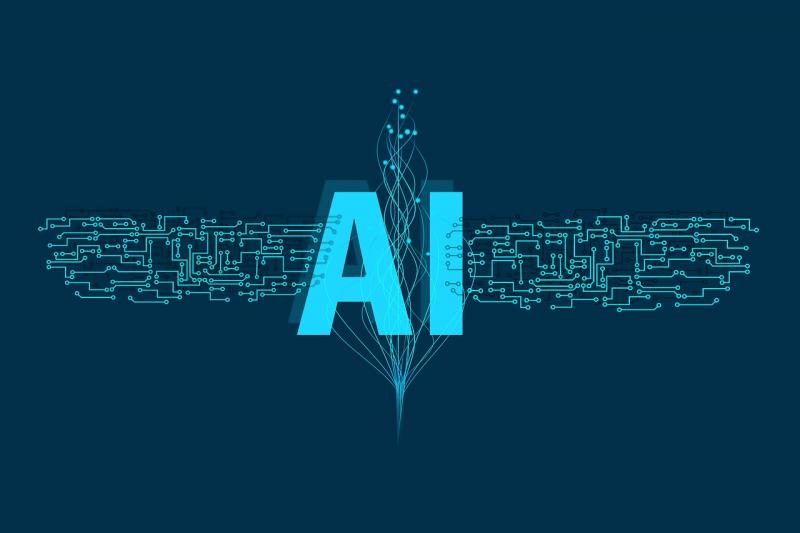
Artificial Intelligence (AI) security has become an increasingly important topic in recent years as AI technology continues to advance. AI security refers to the practices and measures taken to protect AI systems from cyber threats, such as data breaches, cyber attacks, and malicious manipulation. In this essay, we will discuss various aspects of AI security, including the challenges it presents, the strategies for ensuring AI security, and the importance of prioritizing security in AI development.
One of the main challenges of AI security is the potential for AI systems to be vulnerable to cyber attacks. Since AI systems rely on large amounts of data to make decisions and predictions, they are at risk of being manipulated or compromised by malicious actors. For example, an attacker could feed false data into an AI system to influence its decisions, leading to potentially harmful outcomes.
To address these challenges, there are several strategies that organizations can employ to enhance AI security. One important approach is to implement robust security measures, such as encryption, authentication, and access control, to protect AI systems from unauthorized access. Additionally, organizations can conduct regular security audits and assessments to identify vulnerabilities and address them before they can be exploited by attackers.
Another key aspect of AI security is ensuring the integrity and transparency of AI algorithms. It is important for organizations to carefully monitor and validate the performance of their AI systems to ensure that they are functioning as intended and not being manipulated in any way. Additionally, organizations should prioritize transparency in their AI development processes to build trust with users and stakeholders.
In addition to technical measures, organizations can also improve AI security by investing in employee training and awareness programs. By educating employees on best practices for data security and privacy, organizations can reduce the risk of internal threats and ensure that employees are equipped to recognize and respond to potential security incidents.
The importance of prioritizing AI security cannot be understated, as the consequences of a security breach in an AI system can be severe. For example, a compromised AI system used in a critical infrastructure or healthcare setting could lead to significant disruptions or even harm to individuals. As AI technology continues to become more integrated into various aspects of society, ensuring the security and integrity of these systems is paramount.
In conclusion, AI security is a complex and rapidly evolving field that requires careful attention and proactive measures to mitigate risks and ensure the integrity of AI systems. By implementing robust security measures, enhancing transparency in AI development, and investing in employee training, organizations can effectively safeguard their AI systems from cyber threats and maintain trust with users and stakeholders. As AI technology continues to advance, prioritizing AI security will be essential to ensuring the safe and responsible use of AI systems in the future.